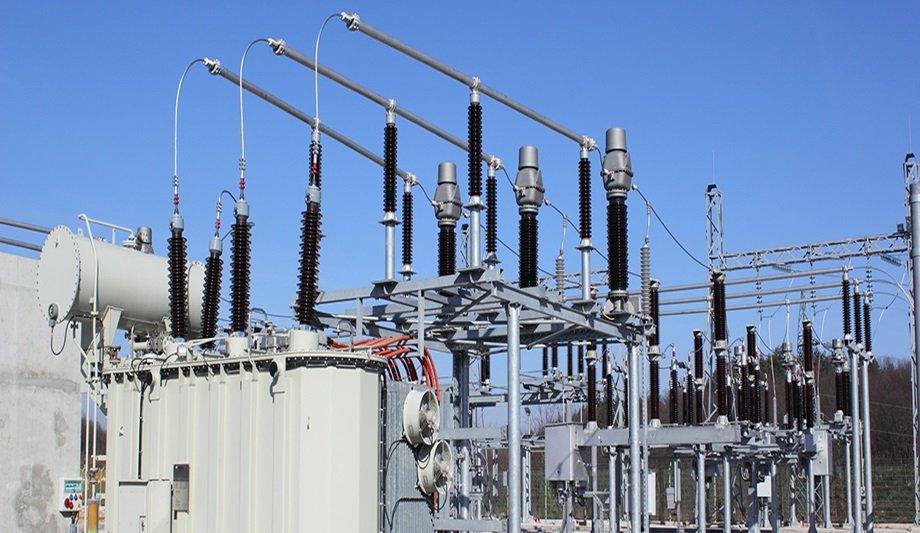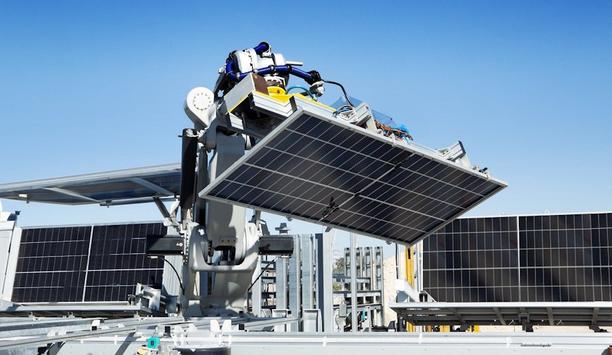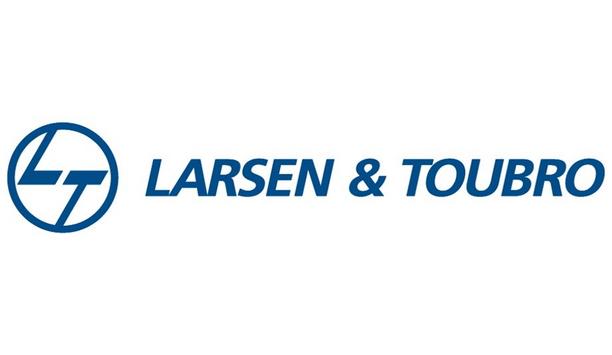The transition to a green future requires not only energy sources but also the energy infrastructure itself to become more environmentally friendly.
The sustainability and carbon intensity of materials used in power grid equipment, especially large power transformers, as well as their performance play a pivotal role in the ongoing development of the energy sector in an environmentally friendly way.
sustainability practices
Recognizing this current situation, the JIP will address the environmental impact and sustainability of these vital assets.
By establishing standardized sustainability practices, the project seeks to enhance stakeholder confidence and promote an eco-friendly energy sector.
JIP's key objectives
This comprehensive approach aims to align industry practices with sustainability goals
The JIP's key objectives include defining standardized boundaries and key performance indicators for power transformers, developing a recommended Life Cycle Assessment (LCA) methodology, establishing a basis for material passport and Environmental Product Declaration (EPD) reports, and creating an assessment methodology for various end-user segments.
This comprehensive approach aims to align industry practices with sustainability goals.
Industry partners
Industry partners, including Siemens Energy, Hitachi, SGB-SMIT Group, R&S Group, Ormazabal, HSP/Trench Group, TenneT TSO, Elia Group, Amprion TSO, Westnetz, Thyssen Krupp Electrical Steel, Essexwire, JFE steel corporation, Nippon Steel, Metal One, M&I Materials (Midel), Nynas, Cargil, Ergon, and Electrical Oil Services (EOS), have already joined the project.
The JIP is currently in the first round of technical workshops, and the application process remains open for additional partners interested in participating.
sustainable and responsible operations
DNV is helping industries and governments to transition faster to a deeply decarbonized energy system"
Prajeev Rasiah, Executive Vice President and Regional Director for Energy Systems, Northern Europe at DNV, emphasized the organization's commitment to a sustainable future for the high voltage industry.
"As an independent advisor, DNV is helping industries and governments to transition faster to a deeply decarbonized energy system. We are committed to ensuring that power grid projects are executed with sustainable and responsible operations in mind, making significant progress towards a greener future."
need for greater investment
As power grids will need rapid expansion and adapt to encompass renewable energy sources a recent DNV report - Power Grids Transition Outlook – Future-proofing our power Grids found that 87% of energy pioneers and experts believed that there is an urgent need for greater investment in the power grid.
A standard approach towards sustainable power transformers not only helps standardize the green transition but also fosters trust and confidence among stakeholders, including grid owners, suppliers, and manufacturers.
DNV Recommended Practice
We can harmonize sustainability evaluation for high-voltage equipment in energy"
The JIP's outcome will be a DNV Recommended Practice, providing a foundation for effective communication and consultation among power transformer stakeholders on sustainability parameters, terminology, data quality, and life cycle assessment.
Christina Iosifidou, Sustainability Manager at Siemens Energy Grid Technologies said “By using the same methodology, we can harmonize sustainability evaluation for high voltage equipment in the energy industry."
increase transparency
"Such an aligned framework between suppliers, customers, and OEMs will increase transparency and reduce efforts on all sides. DNV invites organizations that share their vision of a more sustainable future for the high voltage industry to join this initiative."
"By collaborating with industry pioneers and experts, the JIP aims to drive positive change and pave the way for a greener and more resilient energy sector,” concluded the DNV JIP lead Mohammad Reza Shah Mohammadi.









